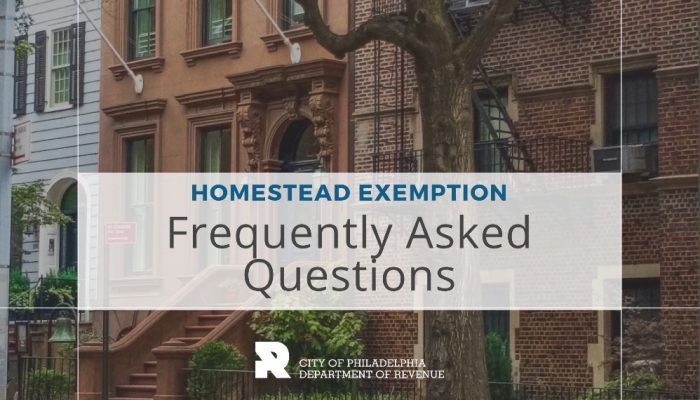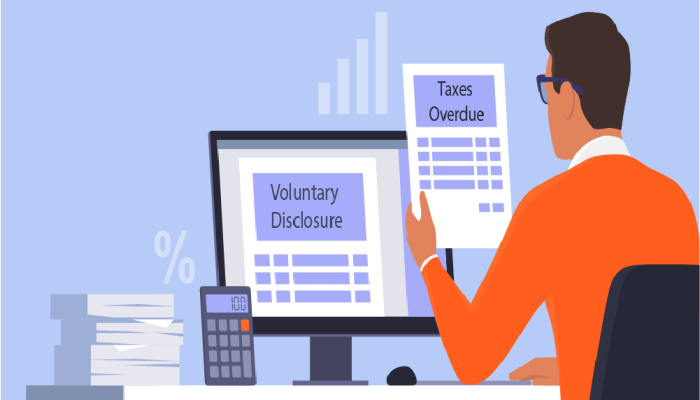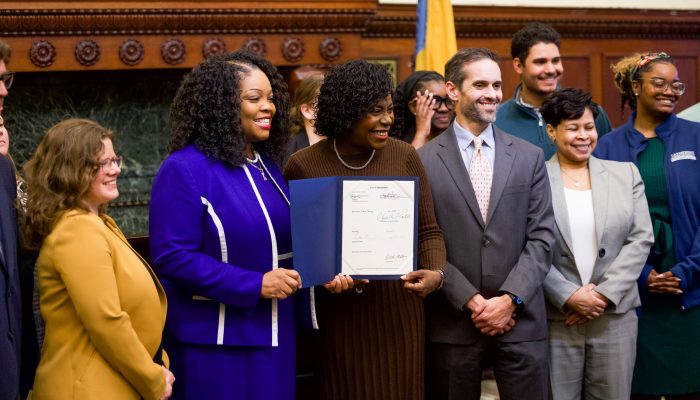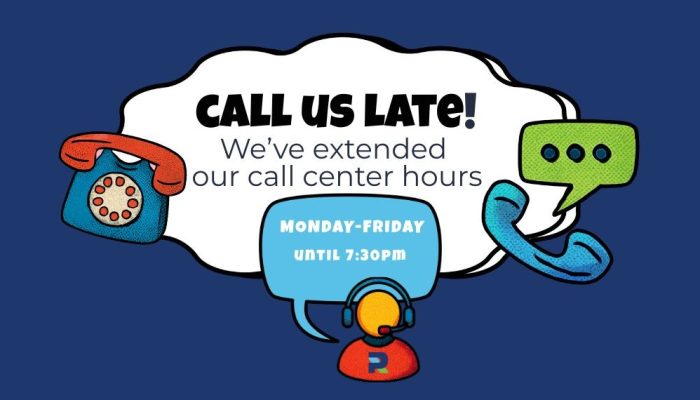The Homestead Exemption has been around for over a decade, but many still don’t know how it works. We’re answering some of the most frequently asked questions about the program in this blog post!
Each year, thousands of Philadelphia homeowners save money on their property taxes thanks to the Homestead Exemption. In 2026, the savings can be as much as $1,399. But not everyone knows what the program does or why it exists. In this blog, we’ll clear things up and show you how to take advantage of Homestead and save big on property taxes.
Can you tell me what the Homestead Exemption is?
The Homestead Exemption is one of many property tax assistance programs Philadelphia offers. It helps you save money on your Real Estate Tax bill every year by exempting a portion of your property’s assessed value from taxes.
Will Homestead reduce my home’s value?
No, it doesn’t affect your property’s market value. Your Real Estate Tax bill goes down because $100,000 of your home’s assessed value is tax-exempt.
How much will I save?
With $100K of your home’s assessed value exempt from taxes in 2026, most homeowners will save up to $1,399. Don’t miss out!
How do I know my property has been assessed?
You will get an official valuation notice from the Office of Property Assessment (OPA). You can also visit property.phila.gov to find out.
What are the requirements?
You must own the property and live in it as your primary residence.
Are there any age or income limits?
No. There’s no age or income limit. Homestead is open to all Philadelphia homeowners. You still qualify if you’re 25 or 65, a low to moderate-income homeowner, or even a higher-income homeowner!
I have a mortgage – is that a problem?
No. Having a mortgage doesn’t stop you from getting the exemption.
Can I get Homestead on more than one property?
No. Homestead is only for your primary residence. If you own or co-own more than one property, you’ll only be eligible for Homestead on the one you live in.
What if I own my home with someone else?
You’ll still get the exemption as long as you’re not getting the benefit on another property or in another jurisdiction.
When and how do I apply?
Homestead applications are due by December 1 every year. It’s easiest to apply online. Search for your property on the Philadelphia Tax Center by selecting “Property” on the landing page, then follow the on-screen instructions. Select, “Apply for real estate assistance programs.”
Apply now so you can receive the exemption on your 2026 bill. The best part? Anyone who buys a Philly home after the December 1 deadline can still receive Homestead benefits thanks to a recent change to City policy! You can still apply if the closing date on your settlement sheet is between December 2 and 31.
How can I tell if I already have it?
Use the Real Estate Tax Estimator on the Property Search website to check if you already have the exemption. Use this link: property.phila.gov to find out. Enter your address (street number and name) and select “Search”. If you don’t have it, apply on tax-services.phila.gov.
Do I have to apply every year?
No. Once your application is approved, the exemption remains active as long as you own and live in your house. The only time you need to reapply is when your deed changes, like when you add a co-owner or refinance.
Can I get Homestead if part of my house is my business and part is my primary residence?
Short answer: yes. The exemption still applies, but only to the portion of the house you use as your primary residence.
Is Homestead the same thing as LOOP?
No. They’re very different programs. Homestead reduces the taxable portion of your property’s assessed value. The Longtime Owner Occupants Program (LOOP) is for eligible homeowners whose property value has increased significantly from one year to another or over the last five years. There are also income and length of homeownership requirements to qualify for LOOP. Visit our website to learn more about LOOP.
Can I get Homestead and LOOP together?
No. You cannot have Homestead and be in LOOP at the same time. You also cannot apply for LOOP if you’re already enrolled in the Homestead Exemption program.




